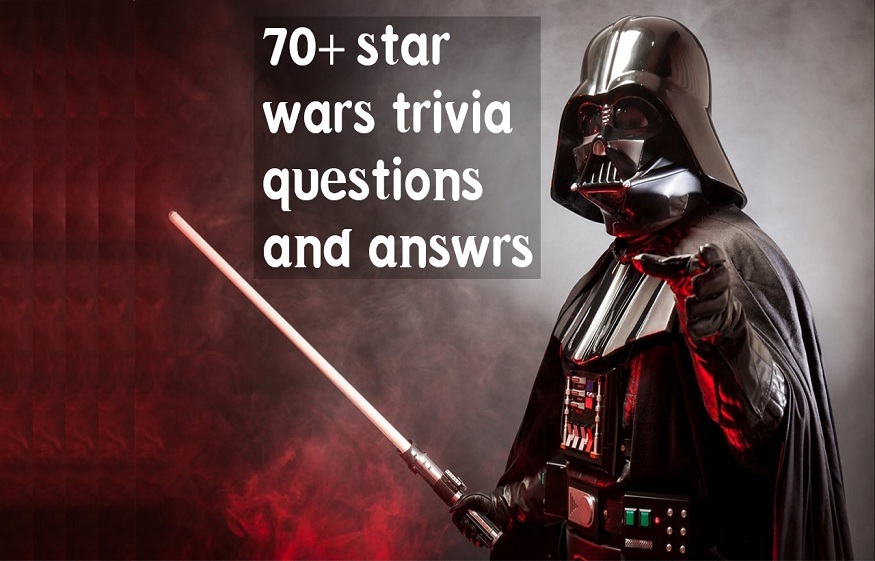How Fiction Can Be More Important Than Reality
3 min read
star wars trivia questions
As a child, I always loved to hear stories about other people’s lives. But these days, as an adult with responsibilities and a busy schedule, it’s hard to find the time or energy to read fiction.
Many best online quiz questions are more relevant and essential to me than what happens in a novel or short story. But I recently decided to try fiction, and now I realize that it can be just as important as any other type of reading material.
That’s why I’m so glad my friend recommended reading novels: they offer all the benefits of nonfiction writing but are often easier to read and digest.
It can illuminate the dark corners of real life.
Fiction isn’t just a way to escape reality; it can also illuminate the dark corners of real life. Fiction is uniquely powerful in its ability to help us understand ourselves, other people, and the world we live in. It can take us into past and future worlds that would otherwise remain inaccessible.
It can offer solutions we haven’t thought of yet.
Fiction can offer solutions we haven’t thought of yet. Whether it’s a thriller that introduces you to new ways of looking at crime or a fantasy series that encourages you to explore what your life could be like if you had magic powers and no boundaries, fiction often provides valuable insight into the issues of our world. For example:
- Fictional characters can help us find solutions we haven’t thought of yet. For example, they might show us how people behave in extreme situations or offer advice on how individuals can take control of their own lives.
- Fiction can help us find solutions that we won’t be able to solve for years or decades (or maybe ever). By exploring the past through historical fiction, authors can give readers a glimpse into worlds they might never see firsthand, like those living under Nazi rule during World War II or enslaved people trying to escape from plantations in America before the Civil War, and allow them insights into humanity’s greatest struggles as well as its most triumphant achievements.
- Fiction can also provide answers when there are no answers; for example, if someone asks, “what would happen if I did this?”
It’s a way to learn empathy and step inside someone else’s shoes.
Empathy is the ability to understand and share the feelings of another person. It’s an essential part of all kinds of personal or professional relationships. Empathy is not sympathy; sympathy is feeling sorry for someone; empathy means putting yourself in the other person’s shoes and understanding their situation from their point of view.
This can be a potent skill, but it’s also one that many people find challenging. And while there are some things you can do to improve your empathy levels (such as reading fiction), it’s also essential that we work toward teaching empathy in schools and workplaces as well, and here are some reasons why:
- It helps build stronger relationships at home and work, which means more happiness.
- Empathy is one of the essential life skills, and it’s one that we should all work on developing. If you want to become more empathetic, start by reading fiction, it will help you understand how other people think and feel.
It can help us learn from history without repeating it.
It can help us learn from history without repeating it.
In the case of fiction, we see characters whose surroundings and circumstances have influenced them. They make decisions based on these influences and feelings, which makes them behave in specific ways. These behaviors can be seen as positive or negative depending on your point of view, but they’re all important for understanding what it means to live our lives like human beings instead of robots.
Finally, fiction is a powerful tool; the best fiction reflects who we are as humans. It can help us better understand ourselves and others and make better choices in our lives. Even if it’s just a story about people who do things differently than us, getting inside their heads helps us understand why they think differently or make decisions that seem strange to outsiders – and that can help us make better decisions ourselves.







